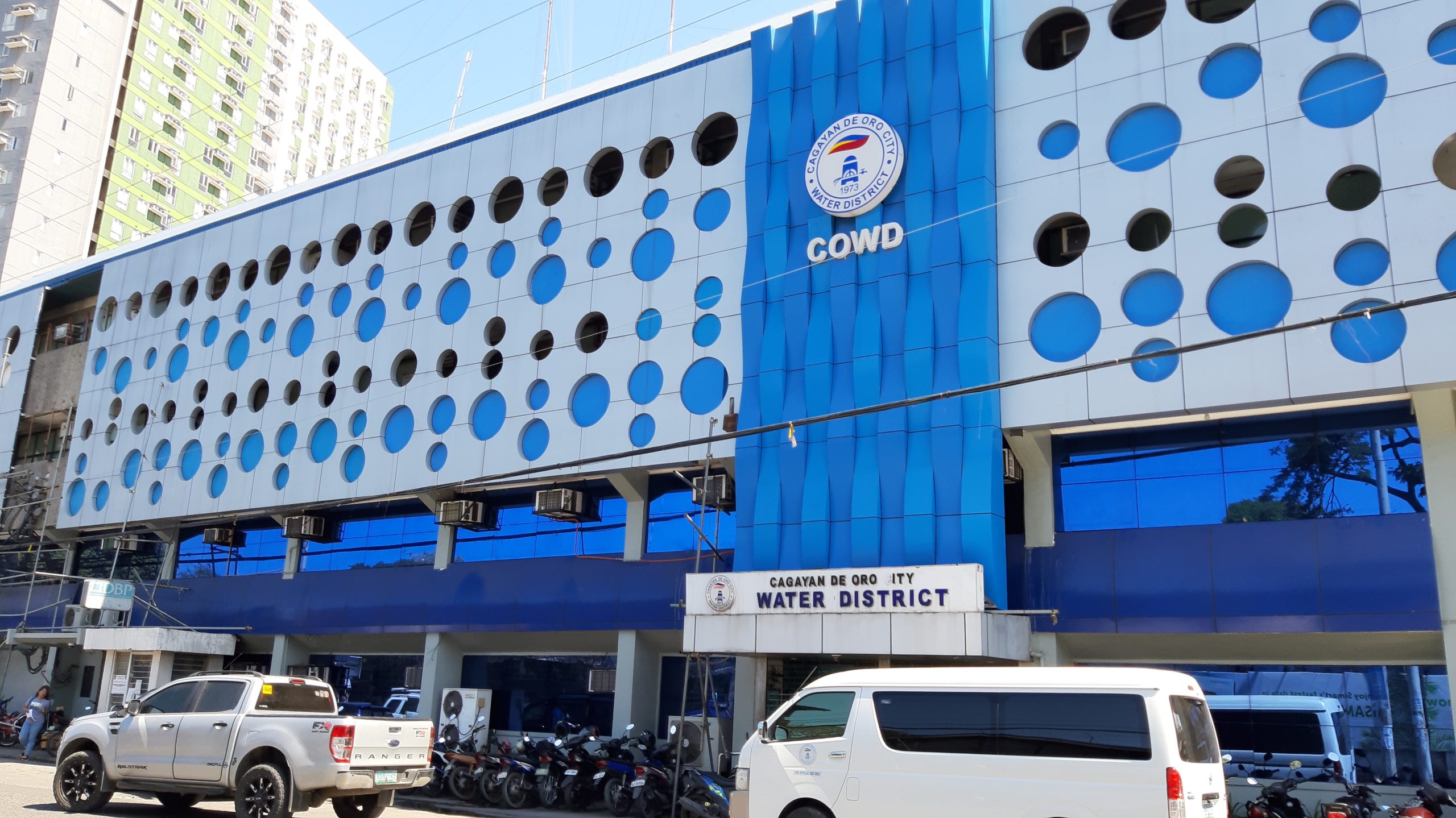AMID reports of violations of human and people’s rights, President Duterte is treading on dangerous ground with his plan to suspend the privilege of the writ of habeas corpus. Such suspension can be conveniently used by the military and police as justification for more abuses.
As it is, the GRP is already violating its own unilateral ceasefire declaration with the National Democratic Front of the Philippines by continuing the implementation of Aquino’s counter-insurgency program Oplan Bayanihan. Suspension of the writ of habeas corpus opens the door for more indiscriminate and blatant human rights abuses by state security forces including paramilitary units.
Paraphrasing a human rights lawyer, the privilege of the writ of habeas corpus is a legal remedy that requires that a person deprived of liberty (usually through an arrest or abduction) must be physically produced in court and the custodian must justify or prove that there is legal basis for the act. If the legal basis is not established, the victim is immediately set free.
If the privilege is suspended, this legal remedy becomes unavailable and the victim of abduction or arrest remains missing or incarcerated.
Furthermore, there is no legal ground for the suspension since Section 15 of the 1987 Philippine Constitution specifies that “the privilege of the writ of habeas corpus shall not be suspended except in cases of invasion or rebellion, when the public safety requires it.”
Karapatan recalls that the suspension of the privilege of the writ of habeas corpus in 1971 preceeded the declaration of martial law by Marcos in 1972. Among those arrested after the writ was suspended were Philippine College of Commerce (PCC) President Dr. Nemesio Prudente, Prof. Teodosio Lansang, trade union leader Rodolfo del Rosario, radio commentator Roger Arienda, and then Kabataang Makabayan National Secretary Reynaldo Rimando.
In the first four months of the Duterte administration, from July to October 2016, Karapatan documented 20 victims of political killings, 20 of frustrated killings, and 27 of illegal arrest and detention, among others perpetrated by the AFP and paramilitary groups. At least 15 political prisoners were arrested and are still detained based on trumped up criminal charges. Cases of threats and harassment were also documented in communities where military troops are continuously deployed in line with the government’s counter-insurgency program Oplan Bayanihan. President Duterte should hold his attack dogs on a leash.
President Duterte should be warned that the people will oppose any move to resurrect any Marcosian practice.
Suspending habeas corpus would just pave way for more human rights abuses.–Cristina Palabay, Karapatan Secretary General
Need to Galvanize Ranks
THE president issued a statement that he “might suspend the writ of habeas corpus” so as to allay the worsening drug problem in the country.
President Duterte can’t just issue statements like that. We are aghast that the president is even thinking of something like that. Suspending habeas corpus will just pave the way for more human rights violations. He should know that being a former state prosecutor himself. There’s already thousands of reported cases of human rights violations (i.e. killings of alleged drug users/pushers in police raids) and we fear that it might get worse if the writ is suspended.
A writ of habeas corpus gives a person the right to contest before the court his or her arrest and detention. It serves as an instrument for safeguarding individual freedom against arbitrary government action.
We also do not discount the possibility that it will be used against activists and political opponents of the president. We’ve seen it happen before and there’s no stopping the president from doing that again.
When former President Ferdinand Marcos declared Martial Law and suspended the writ of habeas corpus, activists and political opponents of Marcos were tagged as “enemies of the state” and were either detained, killed or forcibly disappeared.
The president also mentioned the ongoing rebellion in Mindanao as another reason why he’s considering to suspend the writ of habeas corpus. If the president is sincere in achieving peace and order, he should also focus on addressing the roots of armed conflict in Mindanao and in other parts of the country. One way is to maximize the ongoing peace negotiations between the government and the NDFP, and other revolutionary groups. One of the major outcomes of the peace process is the institutionalization of reforms agreed upon by both parties. In the case of the GRP-NDFP peace negotiations, for example, the Comprehensive Agreement on Socio-Economic Reforms is one of the substantive agendas that essentially addresses the roots of armed conflict (i.e. landlessness, decent jobs and wages, etc). It is imperative for both parties, more so for the revolutionary forces, to maximize this opportunity to forward and craft possible reforms grounded primarily on the people’s basic demands.
In relation to the peace process, we urge the president to rein in his state forces. He must order them to pull out of Lumad and indigenous peoples’ communities as there are already reports of AFP troops harassing and threatening people and tagging them as NPA supporters/sympathizers. There are even reported cases of people being illegally detained. With or without the president’s declaration of the suspension of habeas corpus, the AFP and PNP are already doing it. This is a clear violation of the constitutional right of a person to due process.
This only goes to show that there really is a need for the youth and people to galvanize our ranks and create a strong movement that will not only support and strengthen the progressive currents of the president, but, more importantly, will push for the just demands of the people and ensure that the changes we seek will really be pursued. –Sarah Elago, Kabataan representative
Disclaimer
Mindanao Gold Star Daily holds the copyrights of all articles and photos in perpetuity. Any unauthorized reproduction in any platform, electronic and hardcopy, shall be liable for copyright infringement under the Intellectual Property Rights Law of the Philippines.











